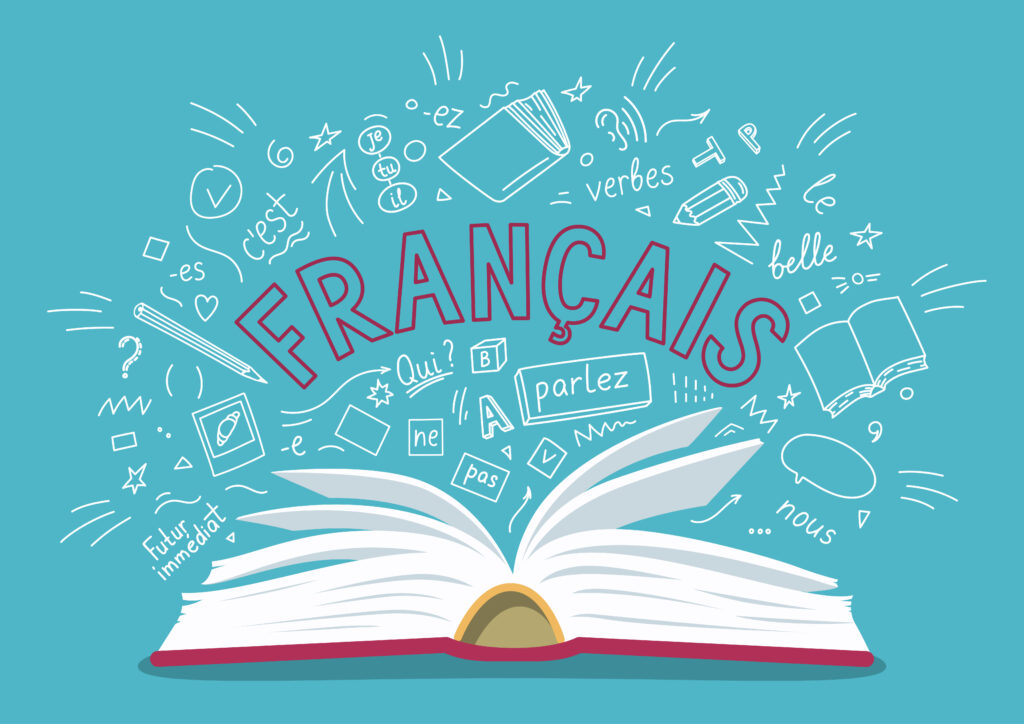
This adventure into a Masters of Educational Technology has been an interesting one so far. For the most part, it’s been a pretty straightforward experience. My biggest take away from this semester has been the necessity for crystal clear communication in online education. Vague and convoluted instructions only serve a dish of utter confusion and frustration. Nearly every single week someone asks about the readings or assignments for this program. This isn’t wrong and I’m glad they’re able to reach out for support but their questions are typically seeking clarity on what the instructions actually mean. Last week, a peer suggested “we should already know how to do this since we’re in a Masters program” and it felt as if the person was missing the context of our classroom.
This is one of the things that was taught in my Bachelor of Education program: to look at the context of your classroom and make a plan based on the students in your room in order to develop a plan of support for those students. It’s not enough to make assumptions that the students know how to do a specific task because they’re in your classroom (or program). For example, online discussion posts. This is often used in online programs because the instructor can post a question on a particular topic and the students can respond to the instructor’s initial prompt but also engage in discussions with their peers. It seems rather straightforward, until you sit down to write one for the first time and wonder about how to structure it, what needs to be included, should it just be a reflection of the readings, do you need to pose a question at the end? Some of my peers haven’t been in a university class since they graduated with their Bachelor of Education many years ago (we’re talking 20+ years for some of them). It’s not that they’re unable to post a discussion post, but they do need a little more detail to begin the exercise.
This made me think about the project and topic I’d like to pursue throughout my program. I know with certainty it’s going to be focused on the French Immersion context but I don’t know if I want to focus on students or teachers. I’m leaning more towards a project aimed at teachers for a few reasons: access, engagement, and my district has strict policies around research occurring in the district. It’s not that research involving students is not permitted, but they’re extra strict with student privacy. Now I have it narrowed down a little bit further:
Context: French Immersion
Who: Teachers
What: to be determined
I’ve been thinking more about the support that’s most often requested of me by my colleagues. It’s typically “how do you do that _______” (insert technology related thing here). This leads me to believe that something to do with supporting French Immersion teachers with integration of technology may be a possible route. I know in my district, we have access to several platforms that the district purchases licenses to every year and the licenses for French Immersion platforms is abysmal. I’m wondering if creating some sort of digital directory of platforms and how to use them in your classroom via a mini series of workshops might be worth considering.

Leave a Reply
You must be logged in to post a comment.